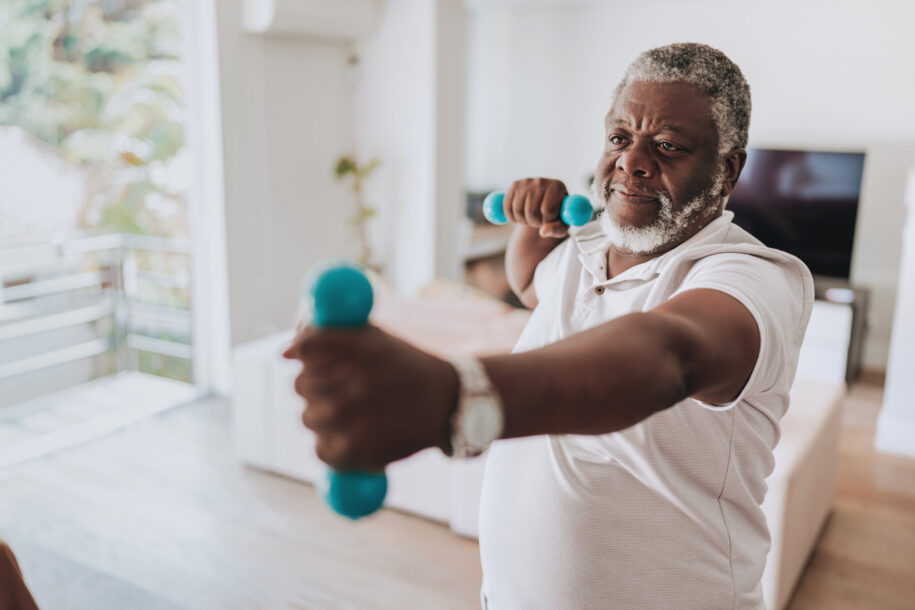Did you know that just like everything else in your body, your bones are made up of living cells and are always changing? When you reach young adulthood, your bones are the strongest and most dense they’ll ever be. You begin to lose bone density as you age — and about 50 percent of women, and 40 percent of men, will develop osteoporosis (weak, brittle bones) at some point in their lives. Osteoporosis can lead to fractures (broken bones) and a host of other problems.
“Since bone loss and osteoporosis are asymptomatic until a fracture or broken bone occurs, it is important to be vigilant about bone health,” said Summit bone health and osteoporosis specialist Tammy Chiesa, M.D.
But there’s good news. There is a lot you can do — starting today, no matter how old you are — to strengthen your bones and decrease the chance that your quality of life will be compromised by osteoporosis later on. It’s exercise — and it has great benefits for bone health.
How exercise improves bone health
Weight-bearing exercise strengthens your bones – It conserves the bone density you have. When you engage in weight-bearing exercise (walking, jogging, dancing, or playing pickleball, for example), you put stress on your bones as they bear your weight. This tells your body that your bones need to be strong, limiting bone loss over time.
Muscle-strengthening exercises make your muscles stronger – Why is this important? Your muscles are attached to your bones, and they work together to enable you to move. Stronger muscles are better able to support your weight, reducing injury chances.
Exercise improves balance – A fracture (broken bone) is, of course, bad for bone health. Exercises that improve your balance and posture can reduce your risk of falling — which is a top cause of broken bones. As we get older, our balance can get worse. It’s important to be proactive and work to improve your balance, so you can prevent yourself from toppling over.
How to get started improving bone health with exercise
Before you embark on a bone-strengthening exercise regimen, talk with your doctor. It’s important to make sure you’re healthy enough for the exercise you have planned. You also need to know about any medications you’re taking that could make you dizzy or affect your ability to exercise.
A visit with a physical therapist is another great idea. Your physical therapist can evaluate your general strength, balance, and coordination and help you set exercise goals that will be safe for you.
“The treatment of bone loss is multifaceted. However, good nutrition and exercise are at the heart of optimal bone health,” Dr. Chiesa said. “Our osteoporosis team is available to assist with any bone health needs. We are always happy to consult on general bone health as well as assist in the evaluation and management of the many available treatments for osteoporosis.”

